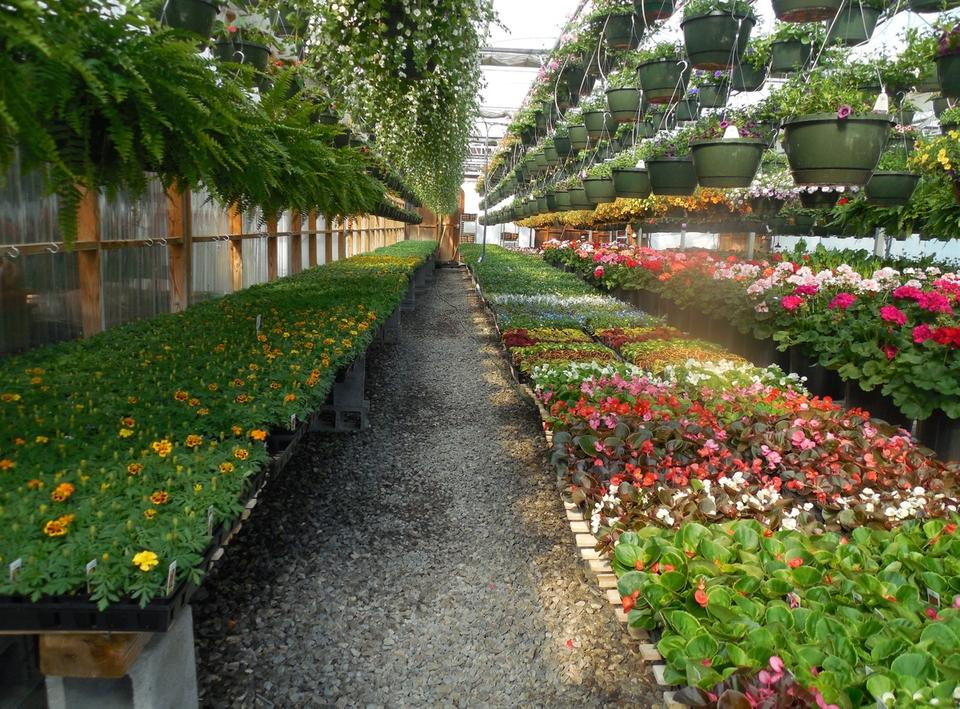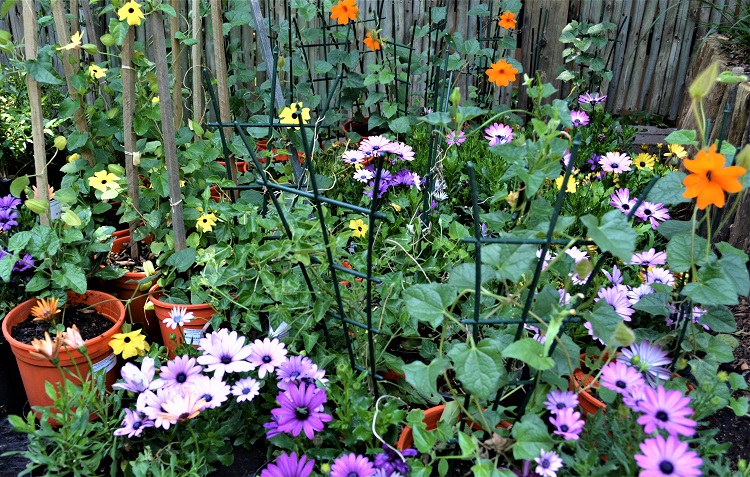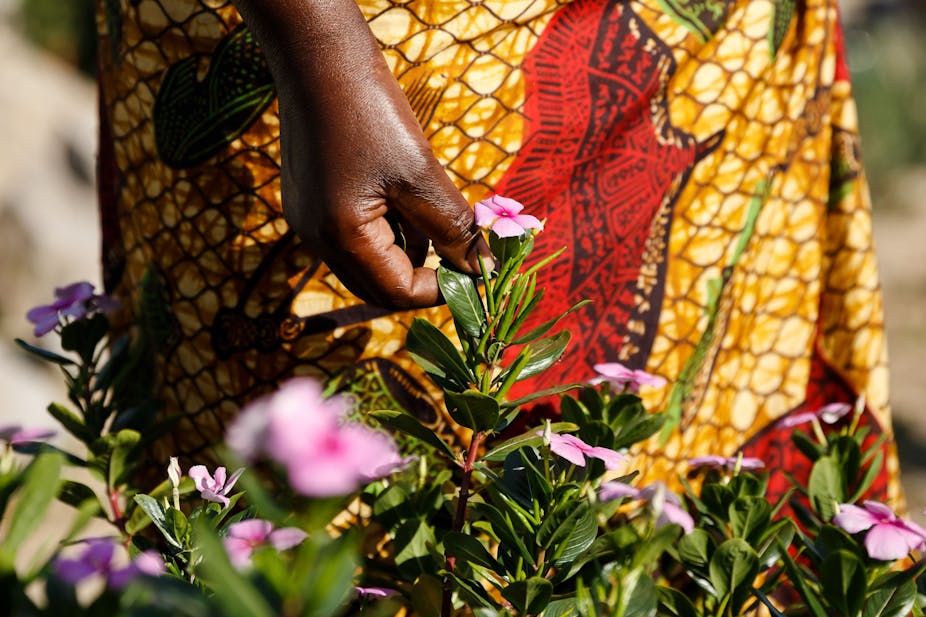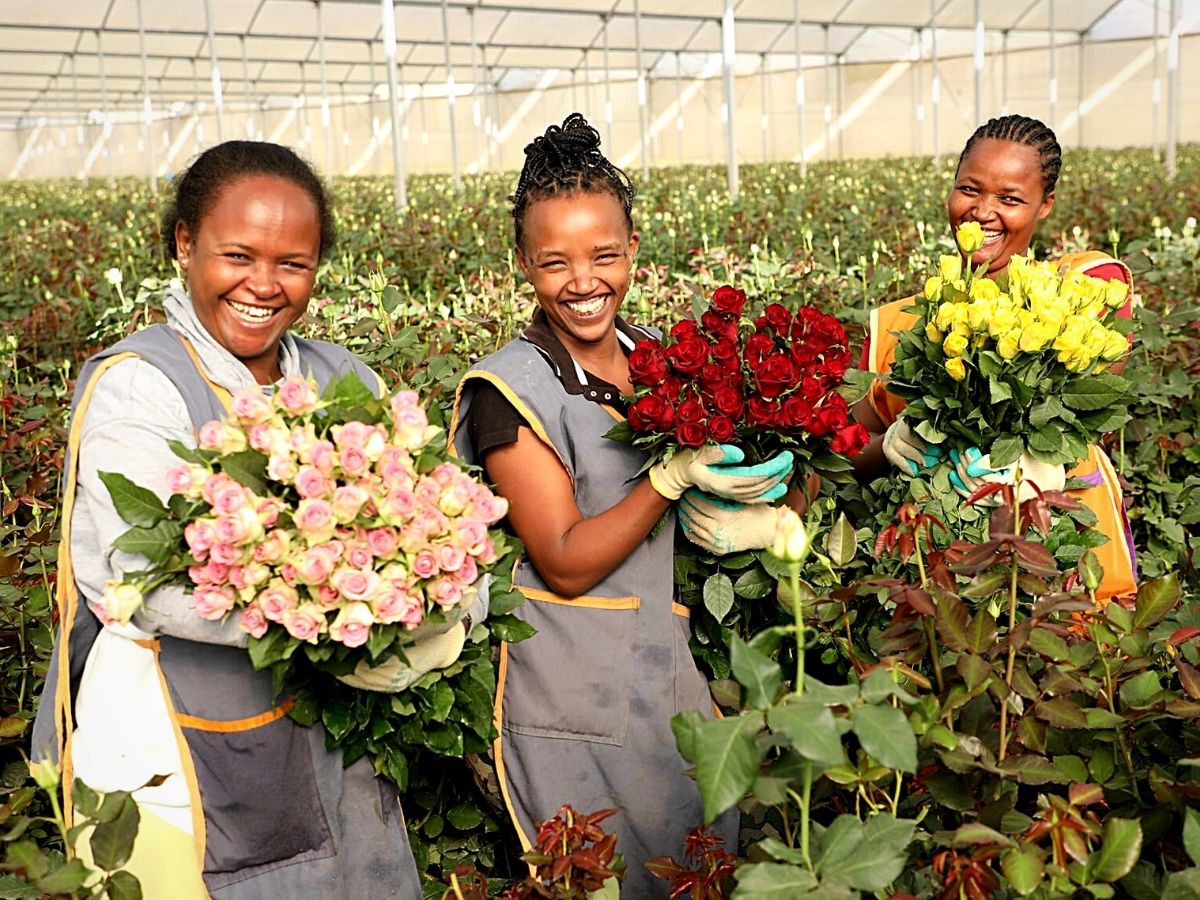Flower Gardening in Uganda
Embrancing Beauty as a Purposeful Hobby





In Uganda, agriculture holds a central place in the lives of it's people, deeply intertwined with their culture and livelihoods. Traditionally, Ugandans have planted crops primarily for sustenance and economic gain. However, a new trend is emerging that blends aesthetic pleasure with purposeful gardening: flower gardening. This hobby is not only transforming landscapes but also enriching lives in numerous ways.
The Rise of Flower GardeningFlower gardening in Uganda is becoming an increasingly popular hobby. It offers a refreshing departure from the utilitarian approach to agriculture, introducing an element of beauty and tranquility into daily life. This shift is driven by several factors, including urbanization, a growing middle class, and an increasing appreciation for environmental aesthetics.
Cultural Context and Benefits
- Aesthetic and Environmental Value: Flower gardens enhance the visual appeal of homes and public spaces. In urban areas, where concrete structures dominate, gardens provide a green oasis, contributing to the mental well-being of residents. Flowers also attract pollinators, which are crucial for biodiversity.
- Economic Potential: Beyond personal enjoyment, flower gardening has economic benefits. Floriculture is a growing industry in Uganda, with opportunities for small-scale gardeners to sell flowers and ornamental plants. Local markets and florists offer a platform for selling cut flowers, creating a supplementary income source.
- Social and Therapeutic Benefits: Gardening is a therapeutic activity that reduces stress and fosters a sense of accomplishment. Community gardens and horticultural clubs are becoming common, fostering social interaction and a sense of community. These groups often share gardening tips, seeds, and plants, promoting a culture of sharing and mutual support.